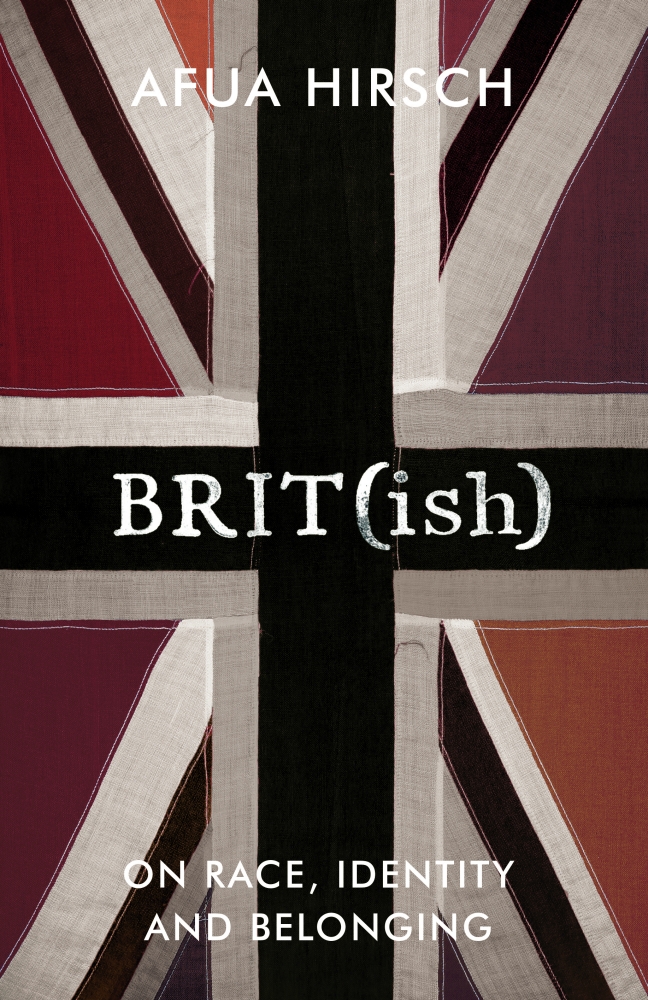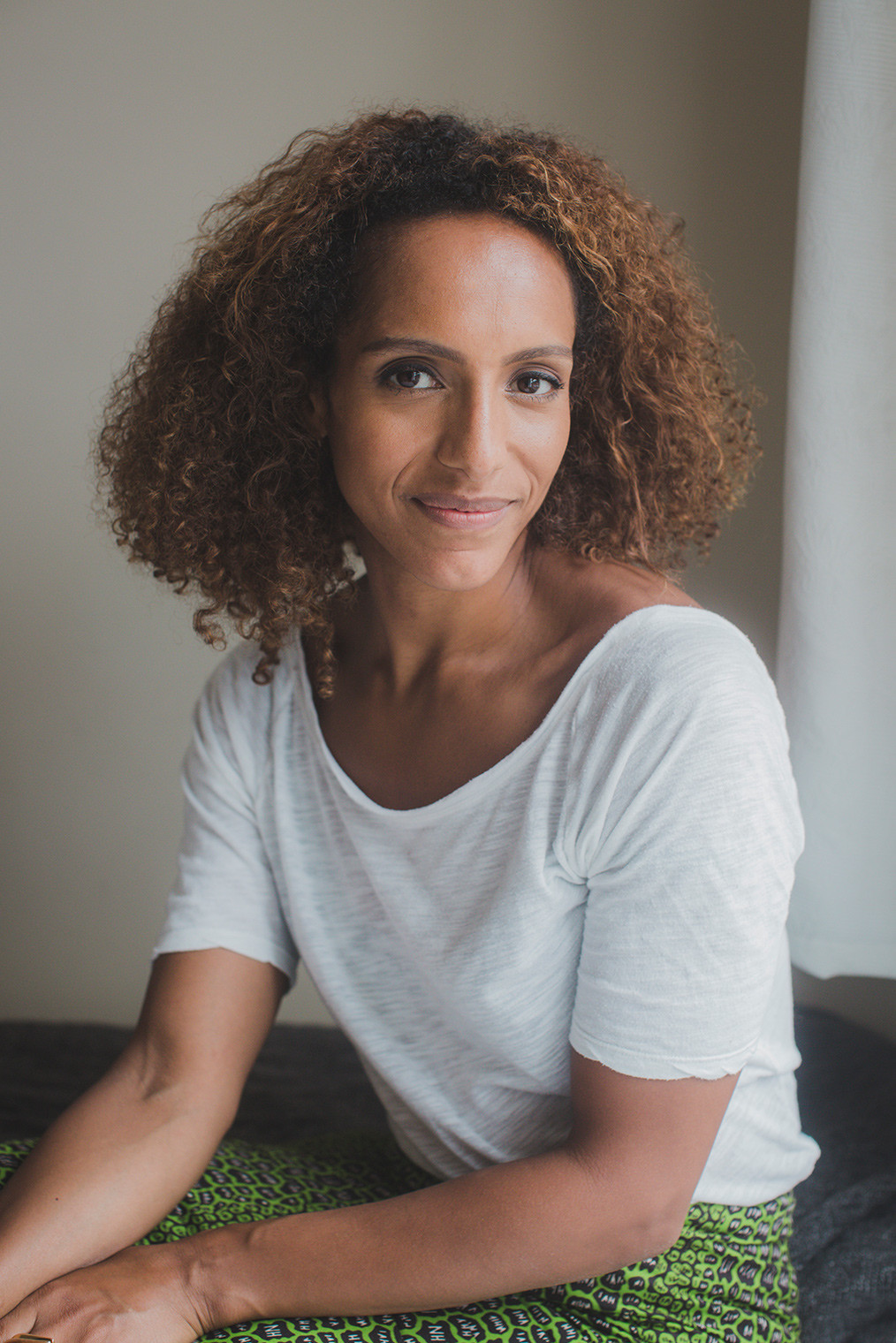Afua Hirsch’s new book Brit(ish): On Race, Identity and Belonging is an analysis of the Western society social system through the eyes of a mixed-race, Ghanaian and English, woman of colour in a white-dominated world.
Much like the critically acclaimed Why I’m No Longer Talking To White People About Race by Renni Eddo Lodge, Hirsch’s book addresses the race dialogue we have in the UK and the wider western world and the reality of living as a person of colour. Here are six things you need to know about her heart-warming, heart-breaking and informative body of work.
It’s all about identity
Afua addresses that question that a lot of people of colour face when in a new environment or meeting new people. The “Where are you from? No, where are you REALLY from?” question is eye-rolling-ly familiar to many and Afua Hirsch addresses this in her quest to redefine what it means to be black and British. “The struggle of my life has been to come to terms with my identity,” she writes. As a woman of mixed heritage, she feels a dual identity and shouldn’t need to choose between the two.
It’s a confrontation of Britain’s past
Brit(ish) aims to give the reader a wider understanding about race, racism, white supremacy and otherness. British history is retold from a stance that doesn’t glorify the British empire, and instead focuses on the many BAME characters that make Britain truly Great.
It explains what “othering” is
Hirsch’s definition of “othering” is truly poignant as she recalls her first day as a journalist at Sky News, where a senior colleague told her, “you can’t get a promotion around here if you’re white these days.” This notion continues the idea that diversity exercises are replacing a “monoculture” rather than making it an equal opportunities environment.
It addresses colour-blindness
Afua perfectly addresses the issue of when certain people are adamant that they “don’t see race.” Explaining that it’s an indication of privilege, she says that not seeing race is a luxury of never having to, unlike many people of colour who are forced to think about inequality in their daily life. The colour-blind narrative that has been adopted by so many is now being subverted.

It explains why the term BAME is not okay
As an extension of “othering” Afua explains that the smashed together umbrella term for people of colour is BAME. Standing for Black, Asian and minority ethnic is a way of calling people non-whites. The two options of either being white or not is problematic and it’s called out in Brit(ish).

It’s a letter to her younger self
Probably most touching about this book, is that it’s a letter to her younger self and the younger selves of many women of colour in a white-favoured world. It’s a wake-up call for the next generation to be taught differently to all previous generations. It’s an indication that flawed societal structures need to be accepted to be able to change.
Buy Brit(ish): On Race, Identity and Belonging here.













1 comment